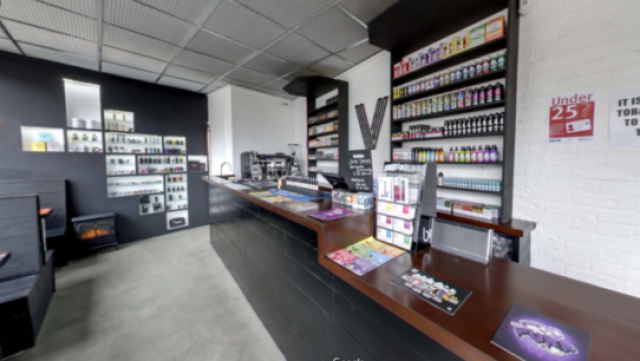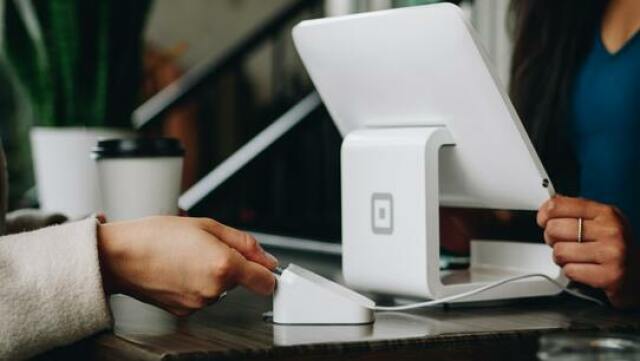There is always an element of risk with starting any new business. With high street commerce forever changed by the shift to online shopping and the impact of the 2020 coronavirus lockdown, this is certainly true of the retail sector.
Like any new enterprise, asking the right questions beforehand can go a long way towards avoiding (or, at least, mitigating) some of those risks. These are just some of the things you should consider:
Whether you’re opening a boutique fashion store or a high-street café, you need to know the financial stakes involved. A full and detailed business plan, including sales projections and all expected outgoings is essential. You also need to perform some basic market research to know if there is sufficient interest in your product or service to make it a viable option.
It’s important that you find the right property for your new business. Bricks-and-mortar retail outlets rely as much on passing foot traffic as they do word-of-mouth and intentional customers, particularly in their opening months. Of course, properties in highly-populated retail districts are likely to cost more than those in a more out-of-the-way locale, so you need to decide if the potential profits outweigh the risks.
The size of your new retail property is an important consideration too. Find one that’s too small and you won’t have room to grow. Choose one that’s too large, and your stock looks lost and unloved on your shop floor. While this can be turned around by adopting a minimalist aesthetic for your store, the larger premises means you’ll be paying more in rent or mortgage for space you’re not using.


Speaking of rents and mortgages, you’re going to have to pay at least one of them in order to keep a roof over your business. While owning your own business premises outright can been a tempting prospect, in today’s volatile retail market, many new business owners are seeing the benefits of renting commercial premises instead. Not only are you protected somewhat in the event of financial problems, a rent agreement allows you to expand the size of your retail premises, should your business prove to be successful.
In addition to the costs associated with buying or renting a retail property, there are some that are often overlooked such as business rates, insurance, accountancy, HR, and marketing costs.
Of course, some of these costs can be avoided. For example, many rented properties include buildings insurance and general service and maintenance. Depending on your knowledge and experience, you may also be able to run your own marketing campaigns and prepare your own accounts so you only need minimal input from an accountant.
Finally, you should also take into account your initial outlay for stock and assets. Although you are likely to earn this back with interest if your shop is a success, you need access to the capital to fund the products to get you started.
At Centaur Properties, we have a variety of commercial and retail property available to rent. Call the team today on 0151 525 5569 to find out about our current availability or to arrange a viewing with one of our agents.